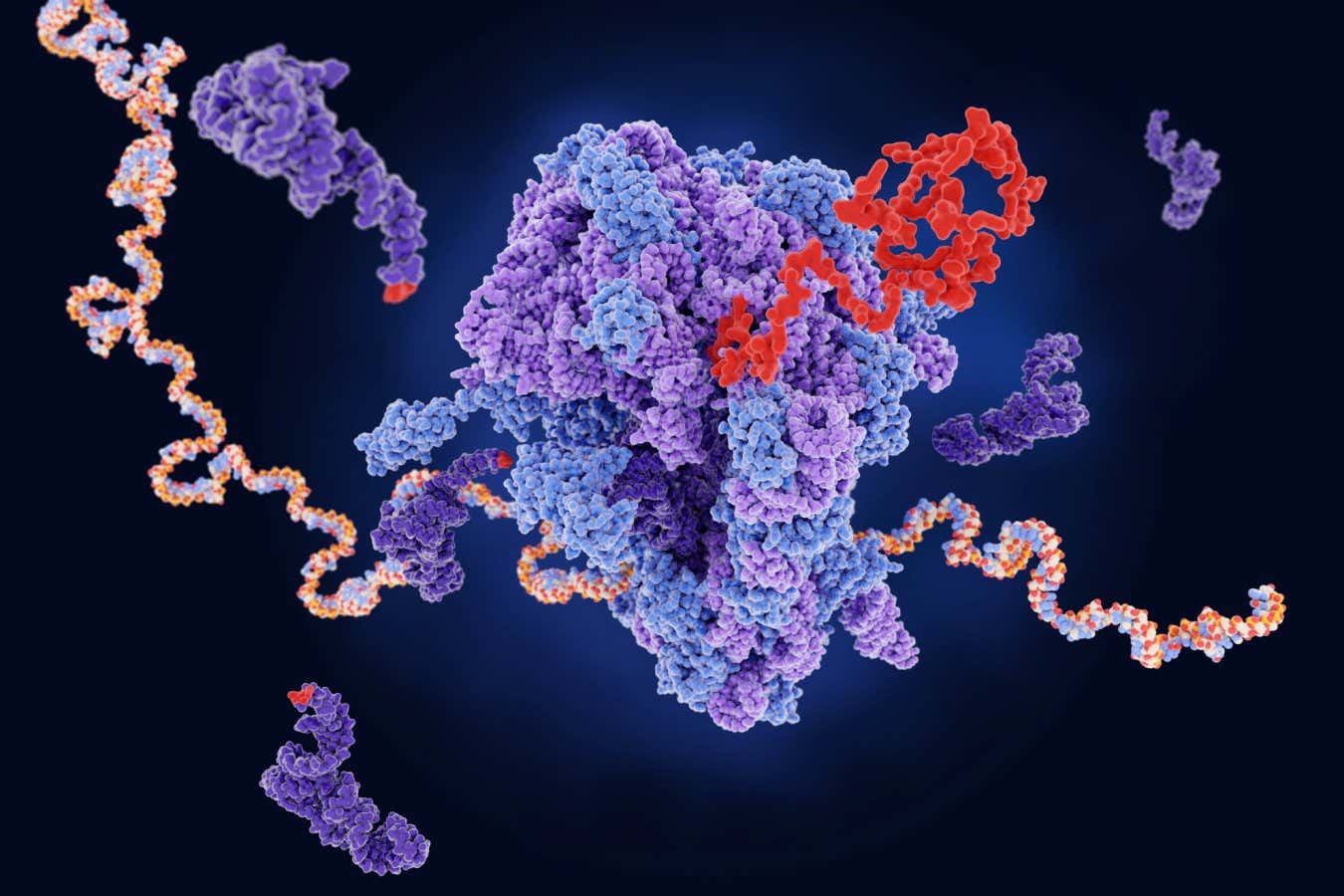Now Reading: Scientists Rewrite E. Coli Genome with 101,000 DNA Edits
-
01
Scientists Rewrite E. Coli Genome with 101,000 DNA Edits
Scientists Rewrite E. Coli Genome with 101,000 DNA Edits

Rapid Summary
- Scientists have redesigned the genome of an E.coli bacterium,creating a strain called Syn57,with extensive genetic modifications through 101,000 changes in its DNA.
- Syn57 uses only 57 out of 64 possible codons for synthesizing proteins,freeing up unused codons for potential commercial and scientific applications.
- Potential innovations include the creation of synthetic proteins with up to 27 amino acids (compared to the natural limit of 20), as well as virus-resistant strains useful in industries such as pharmaceuticals and cosmetics production.
- This redesign was achieved by synthesizing DNA from scratch and testing fragments to address detrimental changes. The process involved years of meticulous work led by researchers like wesley Robertson at Cambridge’s Medical Research Council Laboratory of Molecular Biology.
- Despite success in genome rewriting, Syn57 grows slower than natural E.coli, requiring further optimization before commercial use is feasible.
- Researchers plan to explore applications rather than pursue further condon compression at this stage.
Image Caption: E. coli can cause severe illness but is often used in drug growth. (Credit: Victor Habbick visions/Science Photo Library)
Indian Opinion Analysis
This breakthrough highlights global advancements in synthetic biology with implications for biomedical research and industrial manufacturing – two sectors where India is actively expanding its capabilities under government initiatives like Biotechnology Ignition Grant schemes and private industry efforts in biopharmaceuticals.Although this research revolves around E.coli, considerations about viral resistance align strongly with India’s need for scalable vaccine production technologies amid recent pandemic experiences or the rising demand for advanced drug formulations using engineered bacteria.
For Indian stakeholders, improving genetic code manipulation could pave paths toward innovative therapeutics or sustainable biotech solutions addressing domestic challenges like insulin dependency or eco-conscious practices in food processing industries.
Such progress underscores collaboration opportunities between international labs – such as those leading these efforts – and India’s growing cadre of genomic startups striving toward similar objectives while maintaining cost-effective scalability suitable to diverse economic needs within India.























